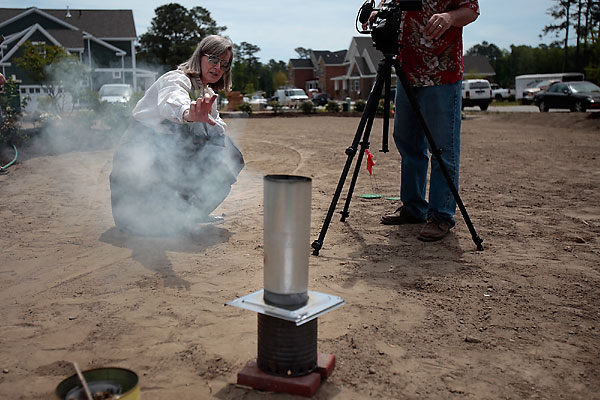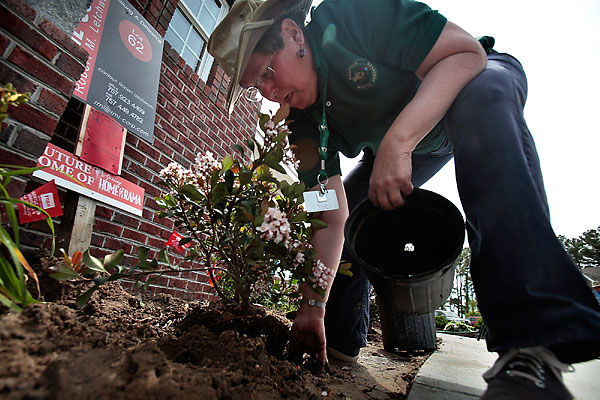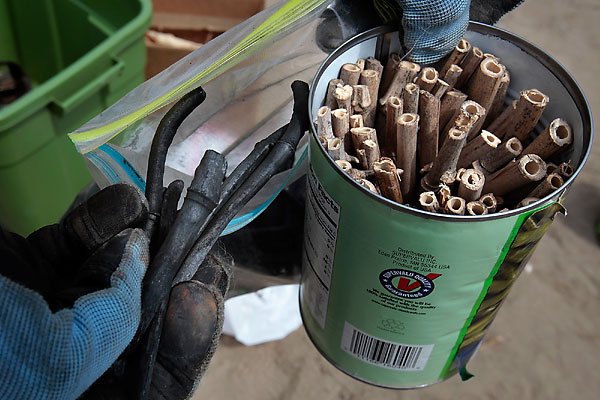
And now after the agriculturists, it is the turn of NASA to venture into experimenting with fertilizers. However, the fertilizer that NASA is experimenting with is different in the sense that it is eco-friendly and supposedly has a potential of working against global warming. Bio-char as this eco-friendly fertilizer is known as, is formed by a method known as “biocharring” which was practiced hundreds of years ago by the Chinese, African and the Amazon Indians whereby burned pieces of wood were ground and combined with clean soil or compost, prior to burying 6 inches beneath the ground for use as a fertilizer.

This fertilizer which has currently evinced the interest of NASA scientists is presently being tested at the gardens of the home of a builder off West Neck Road, Virginia Beach. The research workers in the course of their experiments laid blobs of biochar, cooked the other night into holes before laying flowering plants and ornamental shrubs over them. The roots of these plants were covered with dirt and mulch prior to watering them. The test area has also been lined with specialized insulation used as in space shuttles to prevent interferences of any kind in this experiment.

With the current trend being towards minimizing the use of synthetic fertilizers and chemicals, use of biochar is also fast gathering momentum. The fact that it is very easy to make is adding to its popularity. However, what has made biochar a very attractive option for the eco-friendly freaks is the fact that since biochar is made from burned wood, it stores carbon in the soil; something that is exactly opposite of what happens in the case of global warming where carbon is released into the atmosphere. Not just this, but biochar also helps colonize microbes as it filters metals from the groundwater as well. These properties add, without doubt, to the goodwill of biochar as a fertilizer.
While involvement of NASA has lent visibility to the use of biochar, the records of the International Biochar Initiative states that people in Ghana, China, Brazil and Belize have already taken initiative in their own small way. Let’s hope this fertilizer, whose formula was almost lost over the ages, addresses the concern of sequestering carbon in the ground thereby helping attack the cause of global warming from the very roots.
Via: HamptonRoads


